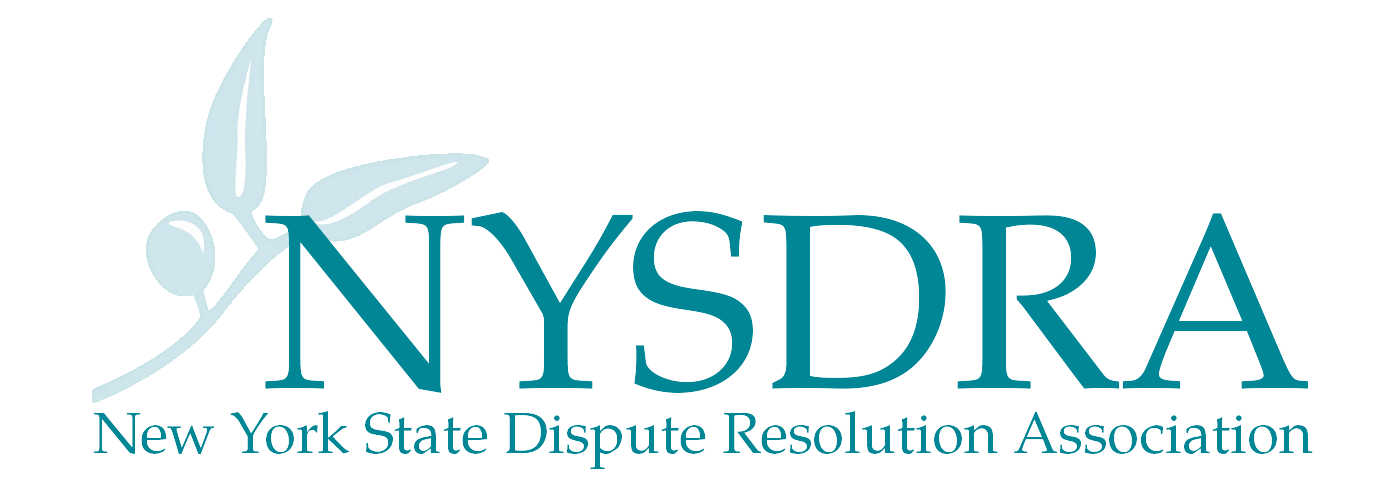Community Resilience Through ADR: The CDRC Model (CLE)
Long Island is ranked fourth in the United States for highest risk of climate-related disruption. As sea levels rise and weather events grow more extreme, community mediation centers are beginning to see new patterns of conflict. These include disputes related to flooding, displacement, emergency repairs, resource access, and family instability. Climate change is no longer a distant issue. It is already shaping the realities of conflict resolution. After Superstorm Sandy in 2012, several short-term alternative dispute resolution programs were developed to manage post-disaster claims. These programs addressed insurance denials, housing and
vehicle access, and rebuilding delays. While they met urgent needs, they were implemented only after widespread disruption had occurred.
This session explores how ADR programs can take a proactive approach to climate resilience. It focuses on adapting traditional mediation services such as small claims, housing, family, and community mediation to meet the demands of a changing environment.
Participants will explore anticipated case types, including:
- Landlord and tenant conflicts over habitability, repairs, and displacement after weather events
- Custody and visitation issues resulting from relocation or unstable housing
- Property disputes between neighbors about damage, shared responsibility, or drainage
- Small claims related to storm repairs, delayed services, or contractual breakdowns
Participants will engage in scenario planning, group discussion, and system design exercises to reimagine what preparedness looks like. The session will also offer practical strategies for revising intake forms, strengthening referral networks, building partnerships with housing and emergency agencies, and developing climate-informed training for mediators.
As NYSDRA reflects on its 40-year legacy, this session invites us to consider what it means to serve communities in the decades to come. By integrating climate resilience into community mediation, ADR professionals can help ensure that justice, access, and support remain strong in times of disruption
About Courtney Chicvak, Esq.
Courtney Chicvak, Esq. is an attorney, educator, and mediator dedicated to promoting peaceful conflict resolution. As Program Director of Alternative Dispute Resolution at the Long Island Dispute Resolution Centers (LIDRC) under the EAC Network, she leads a team providing no-cost ADR services throughout Long Island. Courtney also contributes academically as a Curriculum Development Specialist at Columbia University's Morton Deutsch International Center for Cooperation and Conflict Resolution and as a Lecturer in the Negotiation and Conflict Resolution program. She holds degrees from Cornell University, Columbia University, and St. John's University School of Law.

